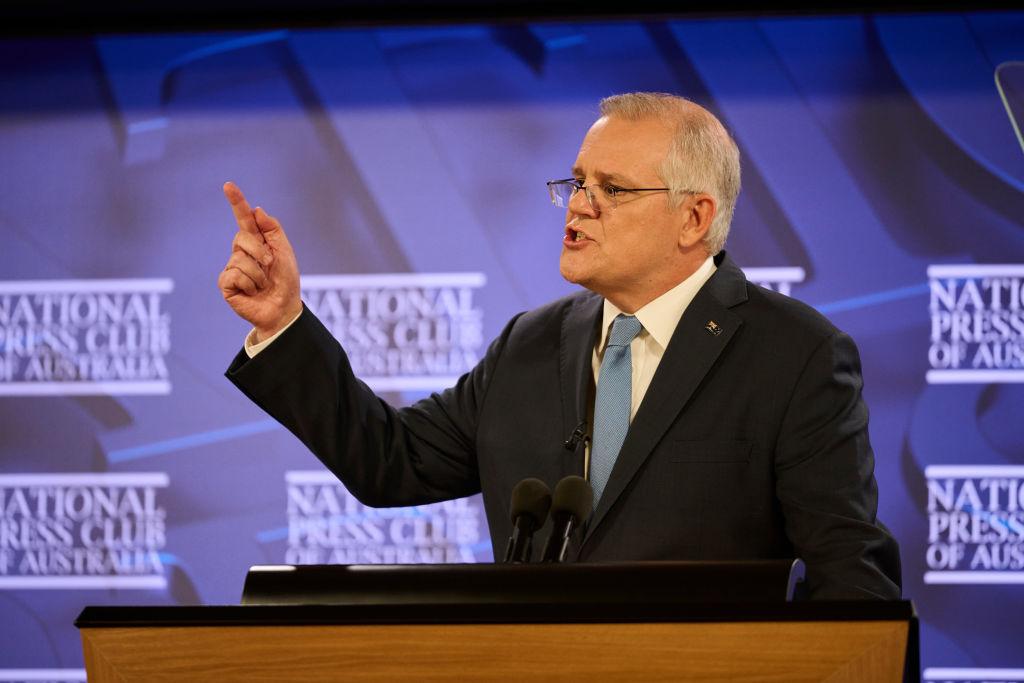Australian Prime Minister Scott Morrison has rejected the highly interventionist “Build Back Better” policies embraced by fellow developed countries in an election pitch to the business community.
The prime minister also called for a reconfiguration of supply chains from “just in time” to “just in case” models, while outlining seven critical areas needing attention.





